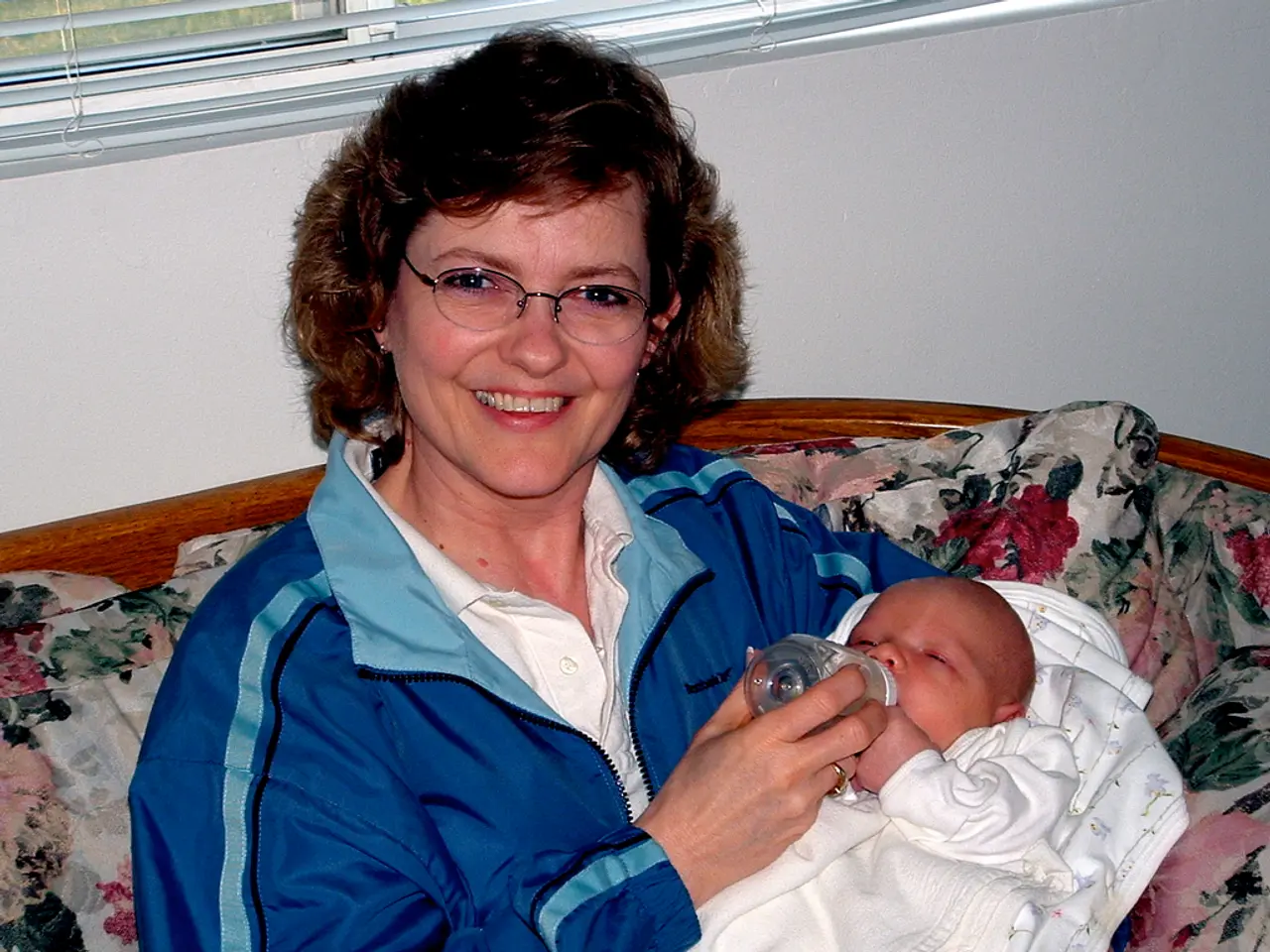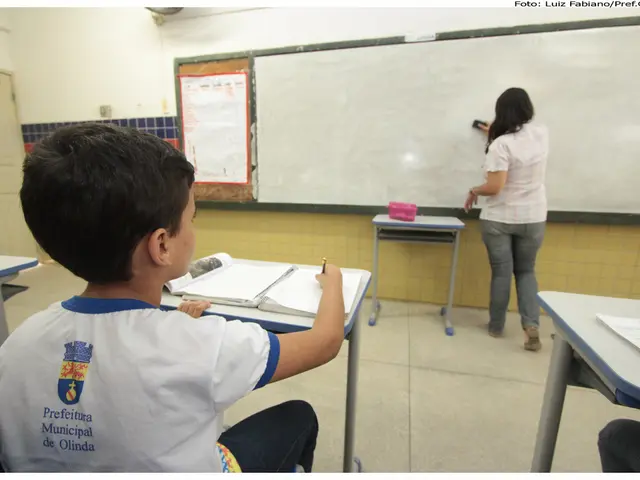Social Minister Paul Proposes Enhancement in Kita Social Index for Better Promotions - Enhancing Kita-Social Index for Enhanced Public Funding, as per Minister Paul's Declaration
North Rhine-Westphalia's government is set to overhaul the Kita law in 2025, as part of proposed changes to the Children's Education Act (KiBiz). The reform aims to improve the quality and accessibility of childcare and early childhood education services, address staffing shortages, and simplify funding mechanisms.
At the heart of the KiBiz reform is the goal of stability, reliability, and equality of opportunity in the Kita system. The proposed changes include adjusting funding mechanisms to better support facilities and staff, enhancing qualification requirements and training for caregivers, and expanding support for family centres and interprofessional service networks in the childcare sector.
However, the reform's detailed specifics and timelines beyond 2025 remain unclear. Critics, including the FDP's Marcel Hafke, have accused Child and Family Minister Josefine Paul of neglecting children's education, while the SPD's Jochen Ott claims that the additional funds will only cover increased wage costs and inflation. The AfD has also accused the state government of breaking its word regarding childcare.
Despite the tight budget situation, the state government has injected more funds than ever into the daycare system. By 2025, an additional 500 million euros will have been provided, and an expected 370 million euros is set for 2026. Thousands of Kita places are still missing for the new Kita year, with 90,000 U3 places and 20,000 skilled workers currently unavailable.
To better promote children in challenging life situations, a social index for daycare facilities in North Rhine-Westphalia has been announced. This index will provide information on where many socially disadvantaged children are cared for. The Minister did not provide a specific timeline for the contribution-free third Kita year and the reform of the Children's Education Act (KiBiz).
The long-promised Kita law reform is currently on the brink of failure, with many Kita operators, educators, and parents expressing anger due to the lack of progress in childcare promotion. The AfD's Zacharias Schalley stated that the current situation is a result of politicians making unrealistic election promises. The state government has yet to address the staff shortage issue in childcare facilities in Düsseldorf, North Rhine-Westphalia.
On a positive note, the state government has already provided a social index for schools in NRW, and the KiBiz reform is part of ongoing efforts to strengthen early childhood education frameworks. The reform is expected to reflect broader educational priorities in North Rhine-Westphalia and Germany, aiming to secure childcare places and improve educational outcomes in Kita settings.
- The KiBiz reform, a part of the proposed changes to the Children's Education Act, intends to enhance the quality and accessibility of childcare and early childhood education services by focusing on vocational training and qualification requirements for caregivers.
- The educational-and-self-development priorities in North Rhine-Westphalia are extended beyond schools, as the reform of the Children's Education Act (KiBiz) also aims to promote children in challenging life situations and improve educational outcomes in Kita settings through vocational training and interprofessional service networks.




